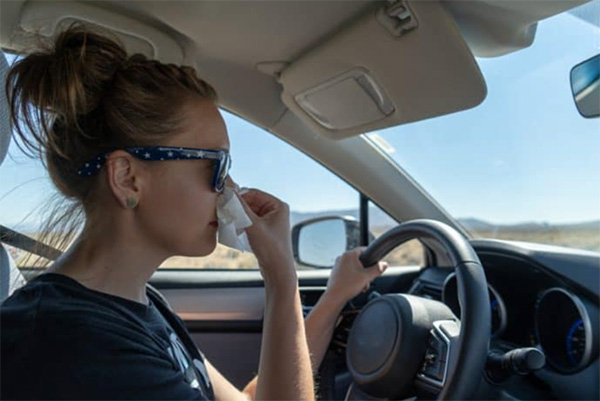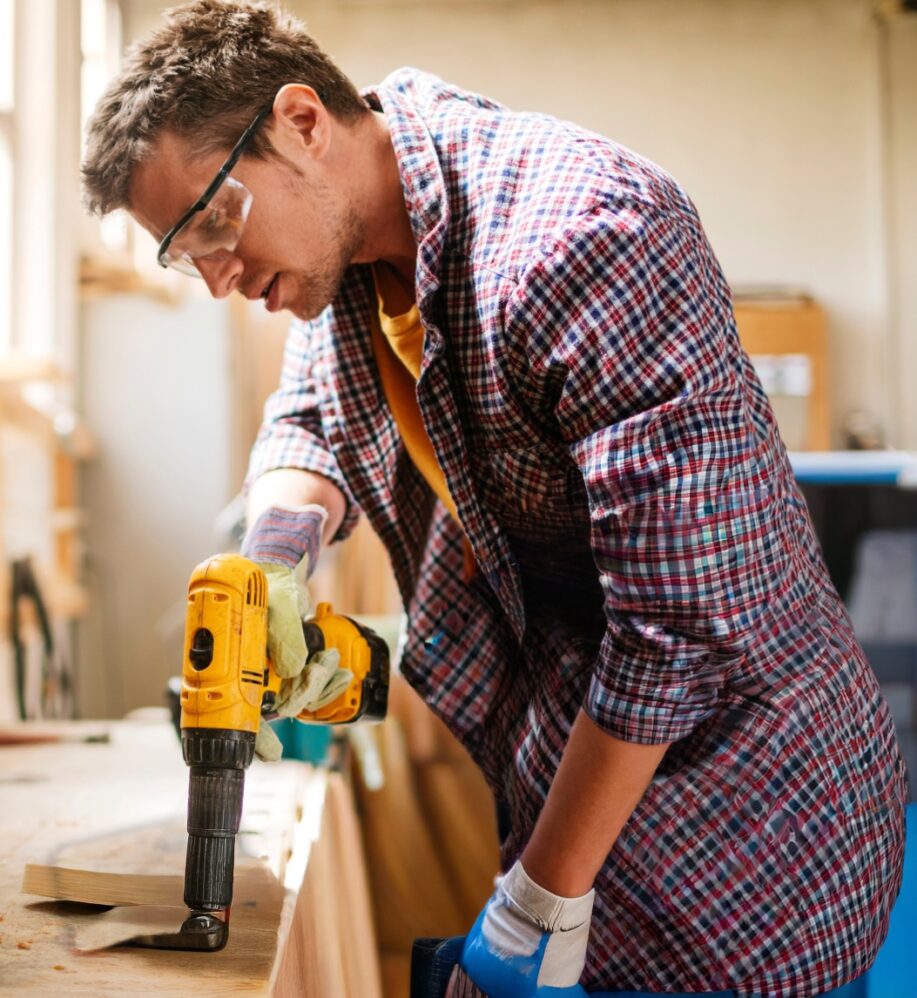Sudden Nosebleeds: Causes and First Aid
Sudden nosebleeds: causes and first aid are important to understand, since a nosebleed (epistaxis) is a common condition that affects many people worldwide. It can happen in everyday situations – whether during exercise, due to stress, from dry air, or following a minor injury.
The nasal cavity contains many small blood vessels that are very delicate. When these vessels rupture, bleeding occurs. Although it can be alarming, most nosebleeds are harmless and can be managed at home.
Sudden Nosebleeds – Common Causes

Nosebleeds Can Be Triggered by a Variety of Factors
-
Exercise & physical strain: increased blood pressure can rupture fragile vessels. Learn more in our guide to first aid for sports-related injuries.
-
Stress & anxiety: the body’s response may include nosebleeds. For practical tips, see how stress impacts your health.
-
Minor injuries: falls, bumps, or forceful nose blowing. Read about wound care and healing tips.
-
Dry climate & heating systems: dry out the nasal lining. Check our advice on protecting your nose during dry seasons.
-
Medications: such as anticoagulants or corticosteroid sprays. See our article on medication side effects and bleeding.
-
Underlying health conditions: high blood pressure, clotting disorders, or chronic inflammation. Learn more about congenital bleeding disorders.
First Aid for Nosebleeds – Step by Step

When bleeding occurs, quick and correct action makes all the difference:
-
Sit upright and lean your head slightly forward (never backward).
-
Pinch your nostrils together firmly for 10 minutes without interruption.
-
Breathe through your mouth and remain calm.
-
Use a hemostatic swab (e.g., Stop Hémo®) for rapid bleeding control.
-
Avoid blowing your nose for several hours after the bleeding has stopped.
Wound Care and Healing
Just like nosebleeds, small injuries also require proper care. Having the right products in your first-aid kit helps speed up recovery and prevent infection. Options include:
-
Adhesive bandages: for immediate coverage of small cuts.
-
Gauze pads: available in various sizes for minor or larger wounds.
-
Large adhesive dressings: suitable for bigger surface wounds.
-
Healing ointments: used together with a dressing to accelerate recovery.
When Should You See a Doctor?
Seek medical advice if:
-
The nosebleed does not stop after 20 minutes of pressure.
-
The bleeding is heavy or interferes with breathing.
-
It is accompanied by dizziness or weakness.
-
Nosebleeds occur frequently or without a clear cause.
Conclusion
Understanding sudden nosebleeds: causes and first aid helps you react calmly and effectively. While most cases are harmless and manageable at home, persistent or heavy bleeding should always be assessed by a healthcare professional.
👉 Tip: Keep gauze pads and hemostatic dressings in your home first-aid kit, and consult a doctor if the bleeding is severe or recurrent.
🔗 Useful Source: Mayo Clinic – Nosebleeds



